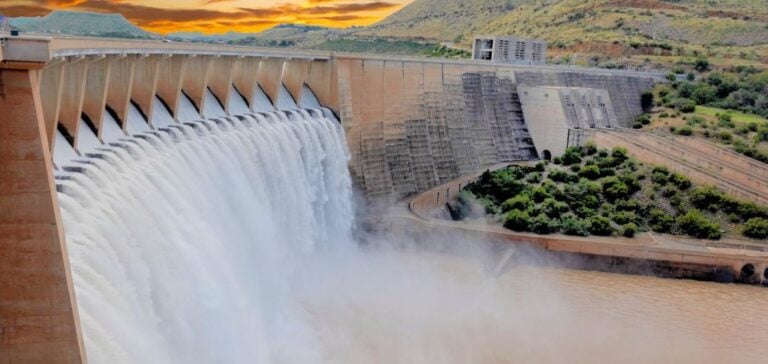Masdar, the Emirati leader in the clean energy sector with global ambitions, is venturing into the stored hydroelectric sector in Uzbekistan, in partnership with JSC Uzbekhydroenergo. This initiative aims to support Uzbekistan’s renewable energy strategy by exploring the viability of pumped storage hydroelectric power plants. But the need for hydroelectricity is first and foremost a response to the population’s particularly high demand for energy. This partnership is a first for Masdar in this sector, and aligns with efforts to overcome the intermittent supply challenges of renewable energies.
The Potential of Pumped Hydroelectric Storage
Pumped hydro storage accounts for over 90% of the world’s installed energy storage capacity, providing a reliable, large-scale storage solution for intermittent energies such as solar and wind power. The International Hydropower Association (IHA) predicts that pumped storage capacity could reach 240 GW by 2030. This technology is crucial to the smooth integration of renewable sources into the energy grid.
Masdar expands into Uzbekistan
Masdar is consolidating its presence in Uzbekistan with this new initiative, building on its existing renewable projects with a combined capacity of 1.4 GW recently connected to the grid. The projects include the 500 MW Zarafshan wind farm and three solar projects, the largest solar development program in the region. In addition, Masdar plans to develop another 2 GW wind power project and deploy battery storage systems.
Uzbekistan, with targets of 6 GW of hydropower capacity and over 12 GW of solar and wind power capacity by 2028, sees Masdar as a key partner in achieving its energy ambitions. This collaboration with Masdar, aimed at developing hydroelectric technology, is part of the national strategy to diversify and intensify renewable energy sources. By targeting a renewable energy portfolio capacity of 100 GW by 2030, Masdar is positioning itself as a leader to support the UAE’s goal of tripling global renewable capacity this decade.






















